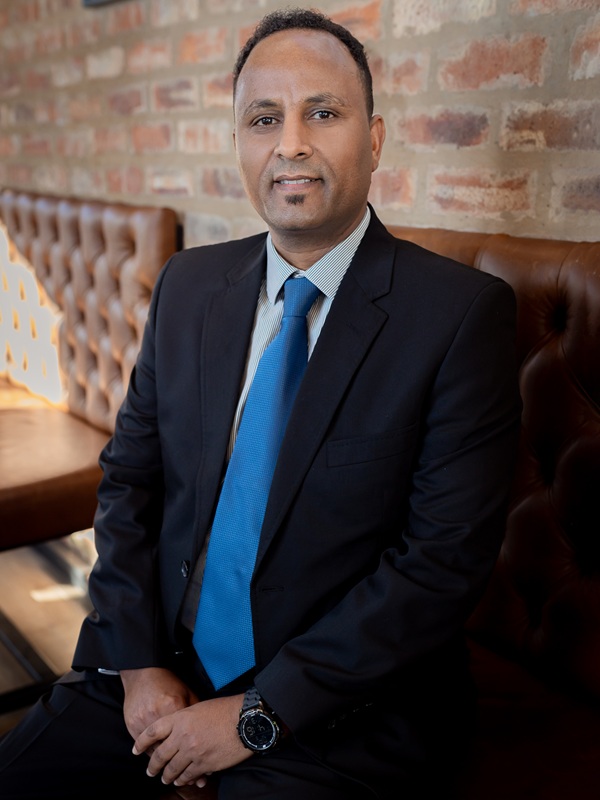The 10th South African Socio-Economic and Industrial Research Conference (SSIRC), held from 6 to 7 November 2025 at the Radisson Blu in Umhlanga, Durban, marked a significant milestone celebrating a decade of impactful dialogue, innovative research, and academic collaboration in the fields of social sciences and international research.
This landmark event brought together scholars, practitioners, and global experts dedicated to addressing pressing socio-economic challenges and shaping the future of these critical research disciplines.
Opening the conference on 6 November were two distinguished North-West University (NWU) professors from the Faculty of Economic and Management Sciences: Prof. Ephrem Redda and Prof. Crizelle Els, Director of the WorkWell Research Unit. Prof. Redda is a Research Professor at NWU’s WorkWell Research Unit and serves as the SSIRC Organiser and Chair of the Reviewers Committee. Together, the two professors welcomed delegates with inspiring remarks that set the tone for a conference grounded in impactful academic inquiry and social relevance. Following closely, Professors Babs Surujlal, Executive Dean: Faculty of Economic and Management Sciences and Herman van der Merwe, Deputy Dean: Teaching and Learning delivered the keynote address titled "SSIRC: Celebrating a decade of impact and a future of possibilities," emphasising the transformative role the conference has played in socio-economic research and its future potentials.
Central to the conference was the theme of celebrating ten years of insightful contributions that have sparked innovation and driven knowledge in social sciences on an international scale. The gathering highlighted not only the passion and vision that propelled the conference’s inception but also charted a new chapter of academic excellence and groundbreaking discovery. This theme resonated through the rich programme, encompassing domains such as business management, finance, emerging technologies, human resource management, marketing, service excellence in higher education, law, and business resilience, reflecting the broad and interdisciplinary nature of social sciences today.
Prof. Redda adds that throughout the two days, the programme featured a diverse array of sessions that underscored key themes vital to both the South African and broader African contexts. He says, “Topics such as artificial intelligence’s impact on work–life balance, sustainable development financing, leadership in higher education, and the integration of emerging technologies showcased the conference’s commitment to addressing current and future socio-economic issues. The conference also facilitated rich discussions on how the social sciences intersect with international research arenas, fostering collaborative knowledge production and policy-relevant insights.”
The conference's deliberate spotlight on international research emphasised the importance of global perspectives and cross-border scholarly engagement, further amplifying the role of social sciences in tackling worldwide challenges through evidence-based approaches and innovative methodologies. This integrative theme promoted interdisciplinary collaboration that not only honours the conference’s legacy but also adapts to evolving academic landscapes and societal needs.
NWU’s professors played a pivotal role throughout the event, chairing sessions, presenting research, and steering critical conversations. Their involvement demonstrated NWU’s sustained dedication to advancing socio-economic and industrial research as a key contributor to academic excellence and societal development in the region.

Dr Rajesh Sannegadu, from the University of Mauritius and Head of the Department of Management, will serve as a member of the Local Organising Committee for SSIRC 2026

Prof. Redda is a Research Professor at NWU’s WorkWell Research Unit

Prof Herman van der Merwe, Deputy Dean: Teaching and Learning

Prof Babs Surujlal, Executive Dean: Faculty of Economic and Management Sciences
